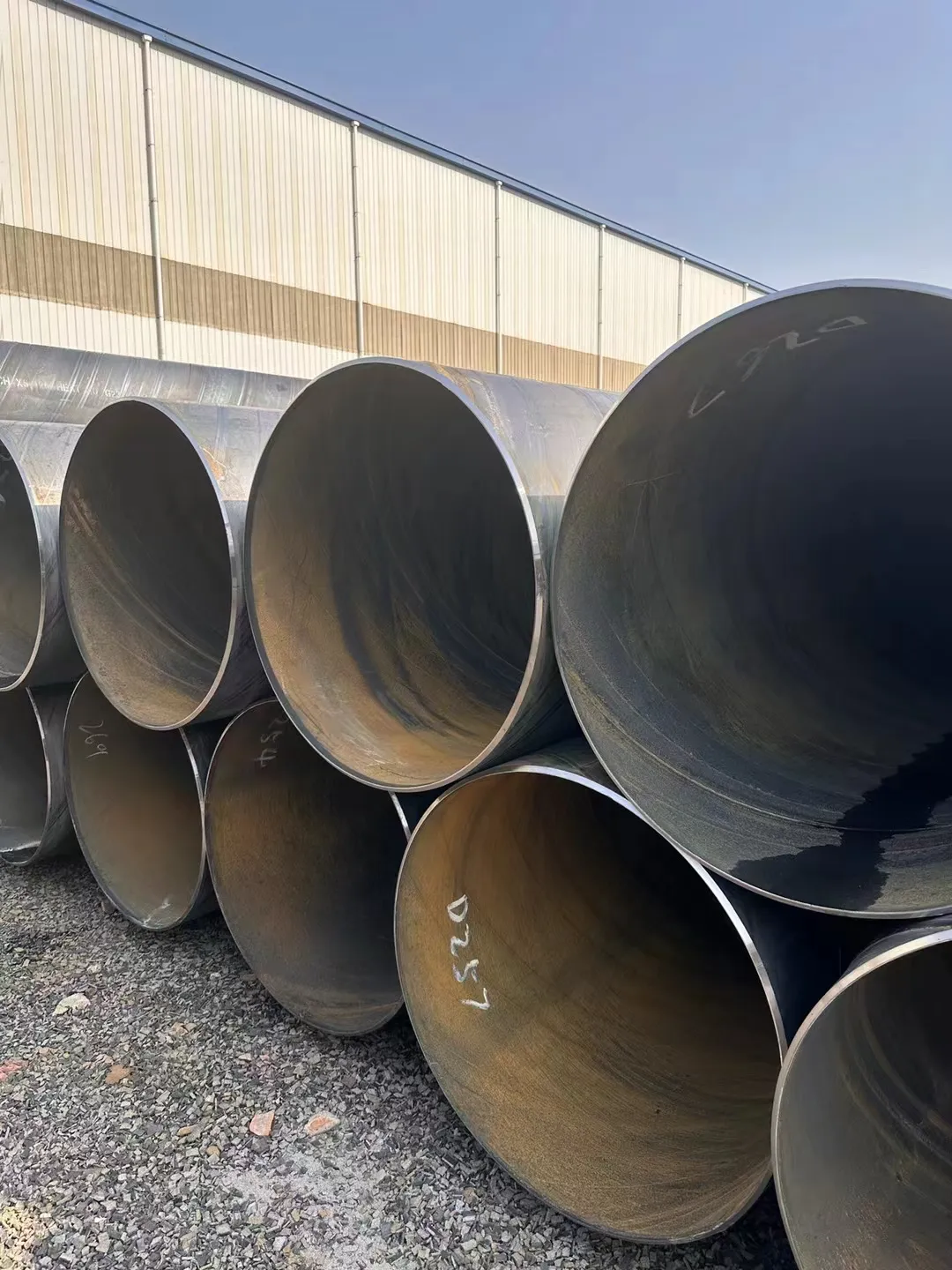-
Cangzhou Yulong Steel Co., Ltd.
-
Phone:
+86 13303177267 -
Email:
admin@ylsteelfittings.com
- English
- Arabic
- Italian
- Spanish
- Portuguese
- German
- kazakh
- Persian
- Greek
- French
- Russian
- Polish
- Thai
- Indonesian
- Vietnamese
- Zulu
- Korean
- Uzbek
- Hindi
- Serbian
- Malay
- Ukrainian
- Gujarati
- Haitian Creole
- hausa
- hawaiian
- Hebrew
- Miao
- Hungarian
- Icelandic
- igbo
- irish
- Japanese
- Javanese
- Kannada
- Khmer
- Rwandese
- Afrikaans
- Albanian
- Amharic
- Armenian
- Azerbaijani
- Basque
- Belarusian
- Bengali
- Bosnian
- Bulgarian
- Catalan
- Cebuano
- China
- China (Taiwan)
- Corsican
- Croatian
- Czech
- Danish
- Esperanto
- Estonian
- Finnish
- Frisian
- Galician
- Georgian
- Kurdish
- Kyrgyz
- Lao
- Latin
- Latvian
- Lithuanian
- Luxembourgish
- Macedonian
- Malgashi
- Malayalam
- Maltese
- Maori
- Marathi
- Mongolian
- Myanmar
- Nepali
- Norwegian
- Norwegian
- Occitan
- Pashto
- Dutch
- Punjabi
- Romanian
- Samoan
- Scottish Gaelic
- Sesotho
- Shona
- Sindhi
- Sinhala
- Slovak
- Slovenian
- Somali
- Sundanese
- Swahili
- Swedish
- Tagalog
- Tajik
- Tamil
- Tatar
- Telugu
- Turkish
- Turkmen
- Urdu
- Uighur
- Welsh
- Bantu
- Yiddish
- Yoruba

Sep . 28, 2024 23:51 Back to list
Understanding ASTM B444 Standards for Nickel Alloy Tubing Applications and Specifications
An Overview of ASTM B444 Specification for Nickel Alloy Pipe and Fittings
When it comes to the manufacturing and application of pipe and fittings, ASTM standards play a crucial role in ensuring safety, performance, and reliability. Among these standards, ASTM B444 is particularly significant, as it lays down the specifications for nickel alloy pipe and fittings. This standard is widely used in various industries, including chemical processing, oil and gas, and marine applications, where resistance to corrosion and extreme environments is paramount.
Understanding ASTM B444
ASTM B444 is the Standard Specification for Seamless and Welded Nickel Alloy Pipe and Alloy Buttwelding Fittings. These materials are primarily used in systems that require high resistance to corrosion and high-temperature oxidation. The standard specifies the required chemical composition, mechanical properties, and manufacturing processes to guarantee the performance and longevity of the nickel alloy products.
Nickel alloys covered under ASTM B444 include various grades, each tailored to meet specific environmental and operational conditions. Some common alloys in this specification include Alloy 625, Alloy 600, Alloy 718, and Alloy 825. Each of these alloys has distinct properties that make them suitable for different applications. For instance, Alloy 625 is known for its exceptional fatigue and thermal-fatigue strength, making it ideal for high-stress applications.
Mechanical Properties and Testing
One of the key components of ASTM B444 is the emphasis on mechanical properties. The specification outlines the tensile strength, yield strength, and elongation requirements for the various grades of nickel alloys. Manufacturers must conduct rigorous testing, including tensile tests, hardness tests, and metallographic examinations, to ensure that their products meet the stipulated standards.
Moreover, the standard requires the documentation of test results, ensuring traceability and accountability throughout the manufacturing process. By adhering to these stringent testing requirements, manufacturers can guarantee that their products will perform effectively in their designated applications, reducing the risk of failure and costly repairs.
astm b444

Manufacturing Processes
ASTM B444 also outlines the acceptable manufacturing processes for producing nickel alloy pipe and fittings. These processes may include cold working, heat treatment, and welding, each of which is critical in developing the desired properties of the final product. The standard specifies the acceptable methods for welding, including procedures for preparing the base metal, selecting filler materials, and post-weld treatments.
Specifically, the welding process must be suitable for the alloy type and application. For example, some nickel alloys are particularly sensitive to heat input during welding, which can affect their corrosion resistance and mechanical properties. Therefore, following the guidelines set forth in ASTM B444 is vital to ensuring that the welded joints can withstand the harsh conditions they may encounter in service.
Applications of ASTM B444 Nickel Alloys
Nickel alloys covered under ASTM B444 are used in a wide array of demanding applications. In the chemical process industry, for example, these materials are used for piping systems that transport corrosive fluids. The oil and gas sector also utilizes these alloys in subsea applications, where the combination of high pressure and corrosive seawater can be particularly challenging. Additionally, these materials are common in the aerospace industry, where components must endure extreme temperatures and mechanical stresses.
Conclusion
ASTM B444 plays a pivotal role in defining the quality and performance standards for nickel alloy pipes and fittings. With its detailed specifications on material properties, manufacturing processes, and testing protocols, this standard ensures that these critical components can withstand the rigors of their intended environments. As industries continue to evolve and demand higher-performing materials, the relevance of ASTM B444 will only grow, reinforcing the need for rigorous adherence to these standards in the manufacturing process. By focusing on quality and performance, companies that produce nickel alloy components will not only meet industry standards but also enhance the safety and reliability of their applications.
Latest news
-
ANSI 150P SS304 SO FLANGE
NewsFeb.14,2025
-
ASTM A333GR6 STEEL PIPE
NewsJan.20,2025
-
ANSI B16.5 WELDING NECK FLANGE
NewsJan.15,2026
-
ANSI B16.5 SLIP-ON FLANGE
NewsApr.19,2024
-
SABS 1123 FLANGE
NewsJan.15,2025
-
DIN86044 PLATE FLANGE
NewsApr.19,2024
-
DIN2527 BLIND FLANGE
NewsApr.12,2024
-
JIS B2311 Butt-Welding Fittings LR/SR 45°/90° /180°Seamless/Weld
NewsApr.23,2024











